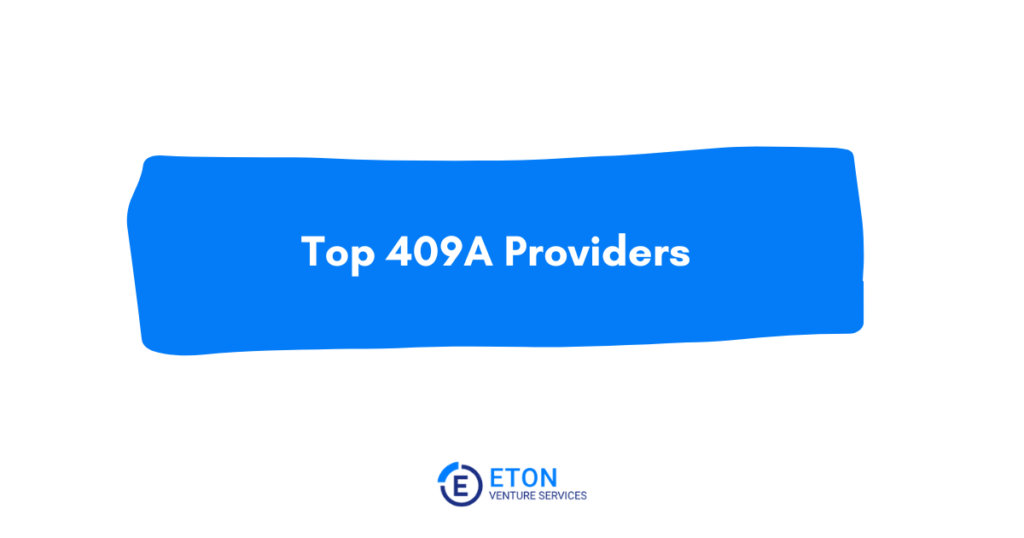This lies in contrast to the supply of fiat currencies, which is constantly increasing. Central banks typically print more money with each passing day, debasing the value of their respective currencies.
A decentralized network like Bitcoin’s doesn’t fall under the control of any government, individual, or organization, meaning the factors that determine its value can’t easily be altered.The main reasons that Bitcoin and other crypto assets can serve as a superior store of value include:
- Decentralization
- Fixed supply cap
- Unconfiscatability
Let’s look at these in more detail and how they apply to the concept of a store of value in the context of crypto assets.
Why Decentralization Matters in Crypto Asset Valuation
Storing value in the form of private keys to a crypto wallet makes that crypto unconfiscatable. There’s no way for someone to take it unless they obtain the private key. This is a feature unique to Bitcoin and crypto, and one that makes the asset class stand out from other forms of property.
Why is it important for a store of value in the context of crypto assets to be decentralized?
One of the main reasons that national currencies like the US dollar, Euro, Yen, etc. continue to lose purchasing power is because they have a central issuer, a central bank, that can unilaterally decide to increase the money supply. The chairs of central banks are not elected officials, and citizens of a given country generally have little to no say in their monetary policy.
A decentralized crypto network like Bitcoin, however, functions much differently. No matter how much Bitcoin someone holds, they cannot enforce changes to the network. Instead, proposed alterations to the Bitcoin protocol must be submitted to the thousands of independent full node operators around the world. If enough nodes decide to run a new version of the software, then the change will be adopted. Otherwise, it will not.
This is key, as it ensures that Bitcoin’s supply will remain fixed. The concept of a store of value in the context of crypto assets applies most clearly when we look at the fact that other asset classes can be devalued through supply and demand. Anything valuable naturally creates an incentive for innovative people to find a way to create more of it. With cryptocurrencies that have a fixed supply like Bitcoin, the supply cannot be increased under any circumstances, making it scarce in a way that other commodities can’t compete with.
Decentralization also ensures that the network will remain censorship resistant. With fiat currencies, individuals must send transaction through banking networks. These transactions can be halted if the organization involved so chooses.
With a permissionless, peer-to-peer decentralized crypto network, however, no one has the ability to censor transactions. While this has little to do with crypto assets maintaining their value, it’s yet another reason crypto assets can be considered valuable, as they could be used as a medium of exchange later if need be.
Medium of Exchange in Crypto
A medium of exchange is something that can be used to transfer value from one person to another. In the past, this could only be done in the virtual world through the use of a third-party intermediary like a bank or other payments processor.
But with the invention of Bitcoin came a new way for individuals to transact with one another. Peer-to-peer payments don’t require a middleman to process transactions. Payments can be settled in a matter of minutes, and the settlement also serves as the verification on the public blockchain ledger.
Unit of Account in Crypto
The unit of account feature for cryptocurrencies might be the least adopted aspect so far.
To serve as a unit of account means that products and services are denominated in terms of the asset or currency itself. For example, when a merchant sets their prices in measurements of Bitcoin, then it could be said that Bitcoin is being used as a unit of account.
A unit of account in the context of crypto assets can also be a unit of measurement for the value of other crypto assets. Many alternative cryptocurrencies often have their values measured against Bitcoin, for example, as Bitcoin’s volatility tends to be much less than that of coins with a smaller market cap.
The concept of a store of value in the context of crypto assets is an important idea to understand. It means that the value of an asset is likely to remain steady or increase as time goes by.
Assets with a fixed supply, that are unconfiscatable and remain decentralized have a high likelihood of serving as reliable stores of value over time. While nothing is certain when it comes to a store of value, it can be said with almost absolute certainty that fiat currencies will continue to lose purchasing power, as history is littered with examples of this.
At Eton Venture Services, we were founded by veteran Silicon Valley lawyers and include a team of CFAs who were trained by the Big Four. Our singular focus on valuation, lack of conflicts, and thousands of valuations under our belt, make us the valuation provider of choice for private companies, venture capital firms, and their advisors. With our extensive experience with Web3 companies and all types of crypto assets and related transactions, we can help you assess the value of any crypto asset with a detailed quantitative analysis of your crypto assets. Contact Eton today.








